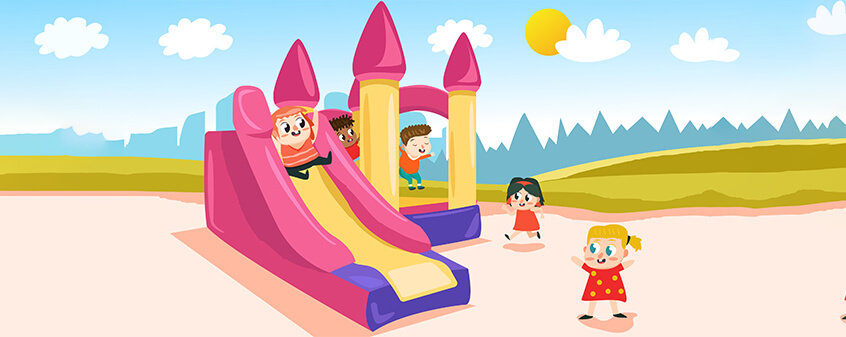What is a ‘Time – Out’? Time-out (also known as social exclusion) is a form of behavioural modification that involves temporarily separating a child from an environment where unacceptable behaviour has occurred. The goal is to remove the child from an enriched, enjoyable environment, leading to functional punishment or putting an end to inappropriate behaviour.
As parents, we need to realize that children are born with a clean slate and they do cannot differentiate between good and bad behaviour. They have a curious mind and are attracted to anything that ignites their curiosity and grabs their attention; not realizing whether it’s the right thing to do or not. As parents, we think it is our responsibility to keep correcting them and every time our children do something wrong ,we punish them by giving them a ‘Time – out’. However when our children do something right, we rarely have a reward mechanism in place. We need to create a balance. Also as parents, instead of using exclusion or giving a ‘Time-Out’, we should use the ‘Inclusion policy’, like sitting them down and explaining to them why a certain behavior is acceptable, or what is the right thing to do.
Earlier, parents would physically reprimand (like beat them up, slap them etc.) their children. Then it was suggested that physically abusing your child is not the right thing to do and psychologists recommended a ‘Time-Out’ as a better way of dealing with misbehaviour. However, studies now show that ‘Time-Outs’ affect your children in a negative manner because they associate it to another form of punishment, making them feel isolated and humiliated. Over time, this continuous association leaves a negative impact on your child.
Let us understand one thing: human beings are social beings and have an innate need to create bonds and connections. When you use the inclusion policy, children feel loved and are happy. They bond with people and on most occasions do not misbehave. However, if you use the exclusion method extensively, children feel isolated and at some point start connecting with things instead, for example, they get addicted to their smart phones, or even smoke or gamble because it is human nature to connect to something. We also think that when we punish children, it will deter misbehavior; however it is just the opposite. ‘Time – outs’ encourage misbehaviour.
What I am saying here actually is not that ‘Time – Outs’ are bad. It is the way parents practice them, that is not right. If you actually introspect and reflect, in most cases, misbehavior is a child’s way of trying to grab attention, which implies that the child is not getting the required attention they need. Maybe the parents are too busy to spend time with them. The solution, is to make time and spend it with your children, by doing fun things with them like playing board games, art and craft or cooking. Even one hour a day is good enough to start with, and you will notice that ‘Time-outs’ will no longer be required.
There will be times when your children will make mistakes, they will misbehave and when you face a problem with disciplining your children, try a method called ‘Time In’. Sit them down, have a conversation with them on how their behavior is affecting everyone, especially them. Encourage them to reflect on their actions, give them time to think. Give them reasons why this is not the right thing to do. Then mutually agree on a punishment that will be given if this behaviour is repeated. Also, come up with a mutual reward mechanism for not repeating this behavior. When children are involved in the process, they feel like they chose this for themselves and the negativity associated with ‘Time-outs’ disappears.
At the risk of repeating myself, let me conclude by saying that it is important to keep a few things in mind: First, is give time to your children, I am busy is not an option. Second, include your children in choosing their punishment and reward mechanism for their behavior. Make sure you sit them down, give an explanation and encourage to reflect on their actions. This will have a positive impact on your child.







